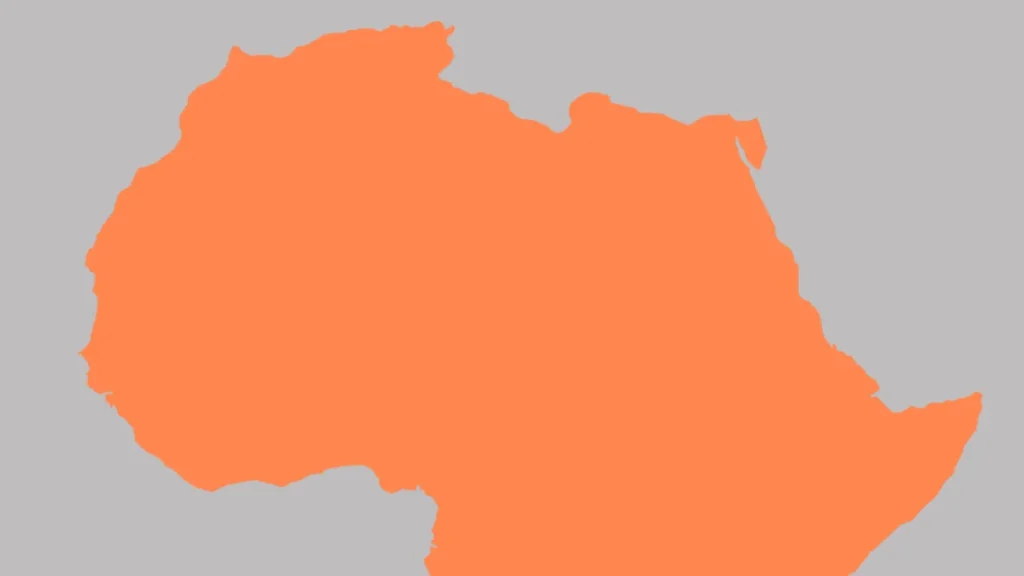Africa’s tech scene keeps growing, and at the heart of this growth are two sectors leading the charge: fintech and e-commerce – the wizards of convenience, bringing banking and shopping to your fingertips.
But it’s not all smooth sailing. These companies face challenges, like rules and regulations and making sure everyone has internet access. Still, they keep pushing forward, finding new ways to grow and help people.
Criteria for inclusion in the list
To be included in the list of Africa’s fastest-growing companies, a company had to meet the following criteria:
- Revenue of at least US$100,000 generated in 2019 (1);
- Revenue of at least US$1.5mn generated in 2022 (1);
- An independent company (not a subsidiary or branch office of any kind);
- Headquartered in an African country (2);
- Revenue growth between 2019 and 2022 that was primarily organic (ie “internally” stimulated).
This article takes a closer look at Africa’s fastest-growing companies in fintech and e-commerce as listed by the Financial Times. It also considers the trends to understand, the factors driving these trends, the challenges and what it all means for investors, leaders, and everyday people.
Exploring Key Trends Shaping Growth
Several key trends are shaping their trajectory and redefining the continent’s economic landscape.
Fintech & Mobile Payment Revolution
In a 2022 article,, McKinsey & Company says Africa has kept pace with the acceleration in the growth of human commerce — and in some cases even led — this innovation and an influx of new investments and regulatory shifts continues to shape the e-payments landscape on the continent.
Although cash is still king in Africa, a McKinsey survey suggests that its supremacy is likely to be challenged in the coming years as e-payments gain momentum.
“Africa leads the world in mobile money adoption, the primary driver of digital financial inclusion.” – Global Findex Database
This reinforces the fact that one of the most transformative trends in Africa’s financial sector is the widespread adoption of mobile payment solutions.
With the proliferation of smartphones and increasing internet connectivity, mobile wallets and payment apps have become commonplace, revolutionising the way people transact. From urban centres to remote villages – although this is questionable – individuals are embracing digital payments for everyday transactions, including bill payments, peer-to-peer transfers, and online purchases.
This trend not only fosters financial inclusion by providing access to banking services for the unbanked but also drives economic growth by facilitating commerce and trade.
The E-commerce Boom
According to the International Trade Association, Africa is forecast to surpass half a billion e-commerce users by 2025, which will have shown a steady 17% compound annual growth rate (CAGR) of online consumers for the market.
E-commerce penetration to reach 40% by 2025.
The e-commerce sector in Africa is experiencing unprecedented growth, fuelled by a burgeoning middle class, rising consumer spending, and the proliferation of online marketplaces.
As more Africans gain access to the internet and become familiar with online shopping, e-commerce platforms are witnessing a surge in demand for a wide range of products and services. From fashion and electronics to groceries and household goods, consumers are embracing the convenience and accessibility of online shopping.
Moreover, the emergence of digital payment solutions and efficient logistics networks is facilitating the expansion of e-commerce across borders, enabling merchants to tap into regional and international markets.
Statista paints a 10-year trajectory of e-commerce users as seen below:














